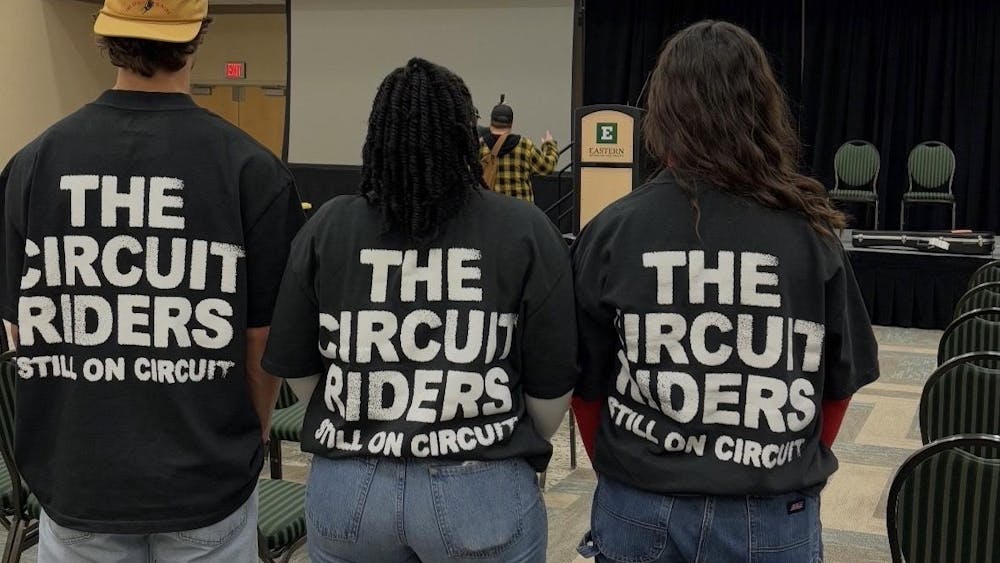On Sept. 21st the bid to repeal the controversial “Don’t Ask Don’t Tell” policy failed in the Senate. The policy prohibits openly gay Americans from serving in the military while at the same time prohibiting the military from inquiring about the sexual orientation of a candidate for military service.
DADT has been criticized by gay rights activists as discriminatory, since it could prevent a person from serving in the military because of his or her sexual orientation. While there is a time and place to discuss gay rights, the military is not the place.
The United States military has a single purpose: “Support and Defend the Constitution of the United States from all enemies foreign and domestic.” This is from the opening statement to the oath of office taken by each and every member of the armed services upon induction. Had DADT been repealed, officers would have been forced to focus on integrating gay members into their units instead of focusing on carrying out the duties associated with their oath.
The sexual tension this could potentially cause would be detrimental to unit cohesion and fatal in combat. Military personnel live in quarters that have very little privacy, so it is understandable they may be uncomfortable sharing them with openly gay servicemen and women. This is a similar discomfort to how civilians would be uncomfortable sharing a locker room with members of the opposite sex.
Gay rights activists would argue that we need to accept gay members of society for who they are and that people should get over their prejudices. Again, I would like to reiterate that the military is not the place to experiment or change people’s opinions.
Another point is that the percentage of the population that is affected by this policy is relatively small. While there may be an insignificant percentage of the population that is gay, the percentage of the population that would feel the need to declare its sexual orientation openly is far lower.
If a gay person truly wants to serve in the armed forces, he or she do not need to declare a sexual orientation; that individual can serve a distinguished career as an officer or enlisted person.
Opponents of the policy at this point in the debate will argue and provide examples and statistics of the number of people who have been turned away or discharged due to their sexual orientation. According to the gay advocacy group Service Members Legal Defense Network, just under 13,000 service members were discharged by DADT between 1994-2006. However, what they don’t mention is that many of these discharges were due to service members telling their commanding officer they were gay in order to obtain a discharge.
It is inexcusable for a service member to be discharged when they have not revealed their sexual orientation. There are a few such cases every year, and this needs to be investigated and addressed. Howeve, it is not an excuse to repeal the whole policy and open the military to the risks associated with that action.
DADT enjoys widespread support among the military and this is the most compelling reason to keep it in place. No one knows better how this would affect the military than the enlisted personnel and NCOs on the bases and in the field.
The military is not a place to wage a civil rights battle, it is not a laboratory of the Union. Let the military, not special interests and advocacy groups, decide what needs to happen in order to keep it the best in the world. Let the military decide when Congress should repeal DADT.








